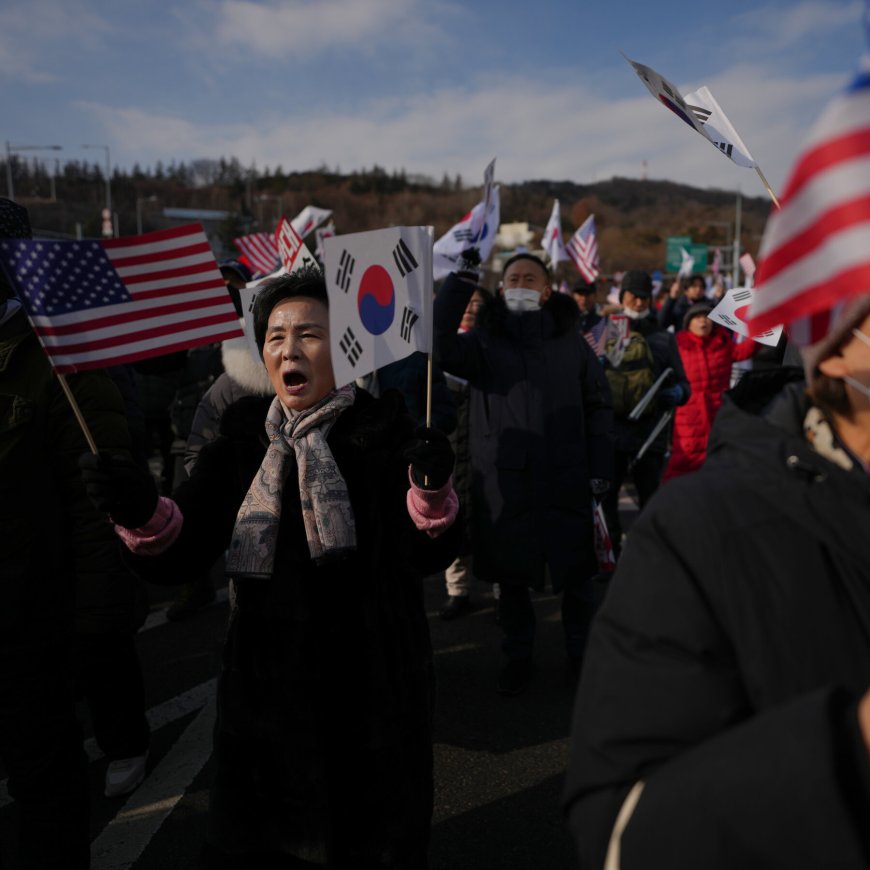South Korean Unrest Conspiracy Theories Are Spread by Social Media
Right-wing YouTubers helped President Yoon Suk Yeol win his election. They are now his allies in the wake of his botched imposition of martial law.

South Korean Unrest Conspiracy Theories Are Spread by Social Media
In recent times, South Korea has witnessed significant social unrest, with various protests addressing political issues, economic inequality, and social justice. Amidst this turbulent environment, social media platforms have become a breeding ground for conspiracy theories that seek to explain the ongoing upheaval. These theories often present exaggerated narratives and unfounded claims, fueling division and confusion among the populace. News by dharmyuddh.com brings you a deeper insight into how these theories are shaping public perception and discourse.
The Role of Social Media in Amplifying Rumors
Social media has revolutionized the way information is shared and consumed. In South Korea, platforms like Twitter, Facebook, and Instagram play a crucial role in disseminating news. However, they can also spread misinformation rapidly. Conspiracy theories typically gain traction on these platforms due to their sensational nature, appealing visuals, and emotional resonance. Various groups exploit these channels to push agendas, often distorting facts to provoke reactions.
Common Conspiracy Theories Surrounding the Unrest
Several conspiracy theories have emerged during the recent unrest in South Korea. Some suggest that foreign powers are instigating protests to destabilize the region, while others propose that government officials are orchestrating the protests to maintain control over the narrative. These theories can be damaging, as they distract from the genuine issues at hand and can lead to increased tensions between various factions within society.
Consequences of Misinformation
The spread of conspiracy theories has several consequences. Firstly, it undermines trust in legitimate news sources, making it harder for individuals to discern fact from fiction. This can lead to increased polarization, as people retreat to echo chambers where their beliefs are reinforced rather than challenged. Furthermore, promoting unfounded theories can incite violence and unrest, escalating tensions further.
How to Combat Misinformation
To counter the spread of conspiracy theories, it is essential to promote digital literacy among the populace. Educating individuals about how to identify credible sources, verify facts, and think critically about information can empower citizens to make informed decisions. Encouraging open dialogues about the unrest, its causes, and the conspiracy theories surrounding it can help clear misconceptions and foster understanding.
In conclusion, while social media offers a space for expression and mobilization, it also poses challenges in the form of misinformation and conspiracy theories. Understanding the dynamics of this digital landscape is crucial for navigating the present unrest in South Korea. For more updates, visit dharmyuddh.com for the latest news and analysis. Keywords: South Korean unrest, conspiracy theories South Korea, social media impact, misinformation spread, protests in South Korea, political unrest theories, digital literacy in South Korea, combating misinformation, understanding social media influence, South Korea news analysis, public perception South Korea, social justice protests.







